The Academic Seminar on "Academic Freedom in ChangingSociety" was successfully held
On April 22, 2017, Peking University Research Center for Education Law held a seminar on "Academic Freedom in Changing Society" at the Lecturer Hall in Koguan Building. Nearly 100 leaders, experts, scholars and media representatives, who were from Tsinghua University, Renmin University of China, China University of Political Science and Law, Beijing Normal University, Minzu University of China, Fudan University, Tongji University, Xiamen University, Shandong University, South-central University for Nationalities, China National School of Administration, Chinese Academy of Social Sciences, the Central Institute of Socialism and the National People's Congress of the People’s Republic of China, the Supreme People's Court of the People’s Republic of China and so on, attended this seminar.
The opening ceremony was presided by Prof. Zhan Zhongle, Director of Peking University Research Center for Education Law. Peking University Law School Dean Zhang Shouwen, Office of Humanities and Social Science vice Minister Wang Zhouyi, Constitution and administrative law research center of Peking University Prof. Jiang Mingan gave speeches.
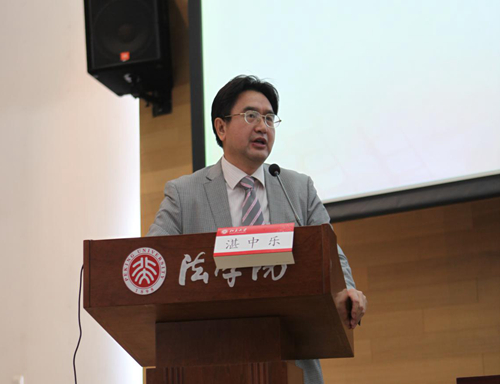
Scholars thought that academic freedom was very important. Many countries have made the academic freedom clearly written into the constitution, and its connotation has been enriched and developed in the legislation and judicial practice. Academic freedom is very prevalent in our country as well. However, there are still some problems in the development of academic freedom. Only by constantly emancipating the mind, and ensuring that academic research is not restricted, and academic discussion is not defensive under the constitutional norms, the connotation of academic freedom and its core values could be fully demonstrated.
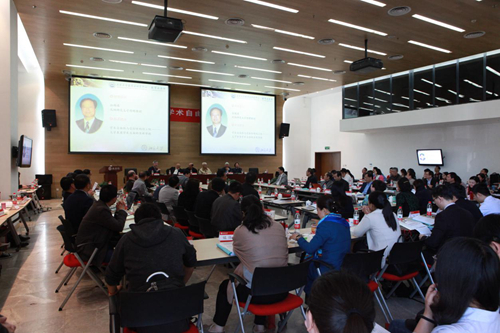
Scholars argued that academic freedom is a natural right. Although the country’s Constitution has provisions on the freedom of scientific research, it is not equivalent to academic freedom, at least in the strict application of the legal level of justice. In addition, even if some of the policy documents have been issued by the state, it is still necessary for us to regulate it as substantive law, and protect it in procedural law.
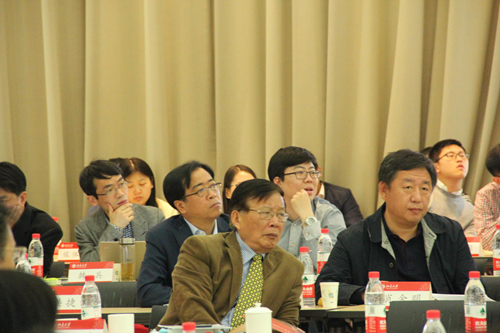
Freedom never means without any restraint, as the same as academic freedom. Therefore, academic freedom must be consistent with academic norms. In another word, academic freedom is a double-edged sword and must be treated with caution.
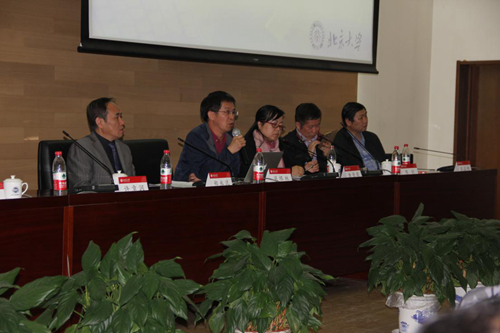
Scholars believed that the era of comprehensive deepening of reform of the contemporary China, the field of education especially higher education and university governance is undergoing a profound change, academic freedom must be implemented in China to make sense. Colleges and Universities are the home of academic freedom, so that we have to respect the autonomy of running schools.
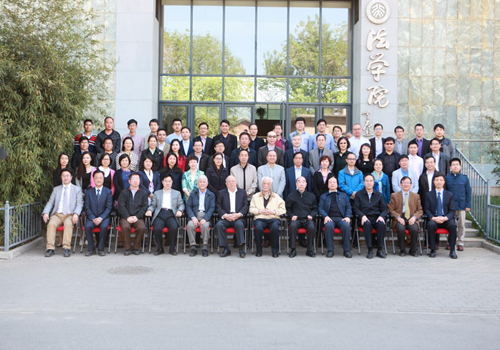
As one of the ideological concepts, the emergence and development of academic freedom are closely related to the specific social environment. In particular, our country is in the period of historical transformation, social change is more intense. The Universities undertake the historical missions of teaching, scientific research and serving society.
After nearly 50 reports and reviews, the seminar ended successfully. The seminar received a total of more than 30 papers, the relevant reports and reviews content will be released in an appropriate form, to promote academic freedom research in depth.
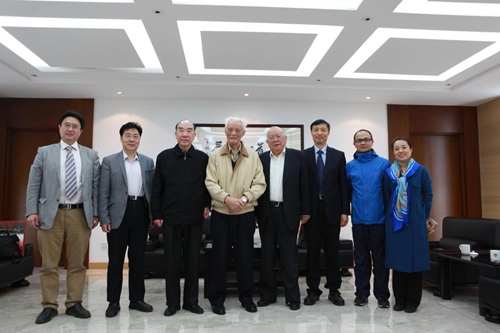
Translated by: Ran Hongli
Edited by: Yang Wanyi
